In June, we published here on Jablíčkář an article that described the story of the creation of Xiaomi. In the text, it was mentioned that its director Lei Jun was inspired by a book about Apple and Steve Jobs, and a certain paradox was outlined in that Xiaomi's corporate philosophy is still completely opposite to that of Apple. So what is the main strategy of the Chinese giant? And how can a company that is obviously imitating Apple, at the same time, make money from the completely opposite model? The following lines will answer this.
Many similarities
At first glance, there are many similarities between the two companies. Whether it's the founder Lei Jun dressing like Steve Jobs, the similar design of products or software, the stores as faithful copies of Apple Stores or the slogan "One more thing..." that Xiaomi after the death of Jobs used before Apple itself, it is clear where the company gets its inspiration. However, when it comes to the business model, the two companies are completely opposite.
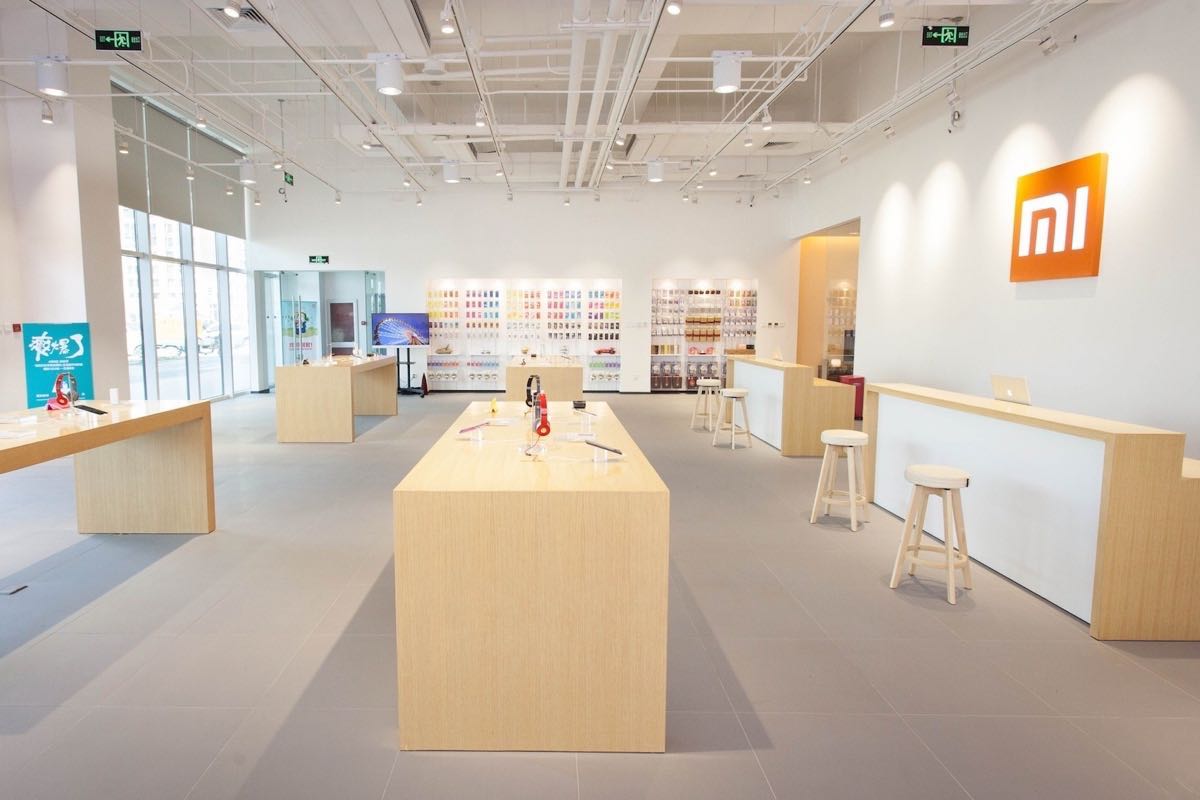
Quite the opposite
While Apple considers itself a premium brand that can dictate price terms and make a lot of money from it, the Chinese company has chosen a completely opposite strategy. Xiaomi is known for its super cheap products that it sells at the lowest possible price to as many people as possible all over the planet.
Xiaomi was founded in 2010 and quickly became a household name due to the fact that it sold out all units of its first smartphone, the Mi-1, in just a day and a half. The Mi-1 was unveiled by founder and director Lei Jun in August 2011, dressed in a dark T-shirt and jeans, as a device with features equal to the iPhone 4, but at half the price. While the iPhone 4 sold for $600, the Mi-1 cost just over $300. However, it must be added that Xiaomi sold its first phone in a flash, but with a minimal profit. This was on purpose, however, as it gave the company huge publicity and earned Lei Jun a nickname "Chinese Steve Jobs", which he apparently doesn't like. In addition, the company skimps on advertising and promotion in general, relying on its loyal fan base that it has built up through roadshows and online forums.
From a copier to a real competitor
The speed with which a company with a derogatory nickname "Apple Copycat" has become a real competitor to the Cupertino company, is admirable to say the least. Already in 2014, Xiaomi was the third largest smartphone manufacturer, but after its business strategy was imitated by Huawei and Oppo, it fell several places.
It could be interest you
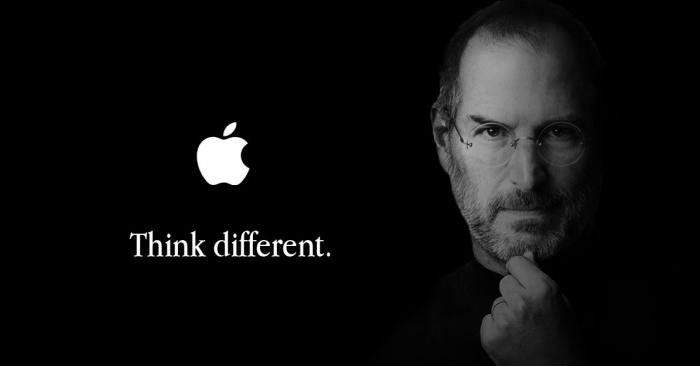
Apple is known for changing its product offering very rarely and to much fanfare, while Xiaomi has transformed itself into a sort of appliance store and more over time, adding new products all the time. In the offer of the Chinese company, you can find almost everything from a kettle, to a toothbrush, to toilet seats controlled by a smartphone. Xiaomi Senior Vice President Wang Xiang told Wired in December:
"Our ecosystem gives customers new unusual products they didn't even know existed before, so they keep coming back to the Xiaomi Mi Home store to see what's new."
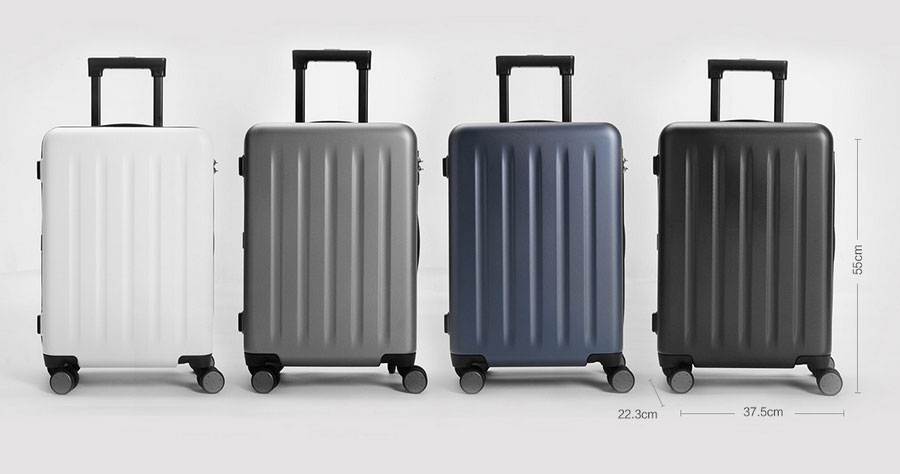
Although a lot has changed at Xiaomi since the beginning, the foundation remains the same - everything is incredibly cheap. This May, Xiaomi was once again the third largest smartphone manufacturer, and while it may seem unlikely at the moment, it has a different plan for the future. It wants to focus on online services, i.e. payment systems, streaming and games. We'll see if it does "China's Apple" will continue to thrive like this, in any case, it is proof that even the exact opposite corporate strategy to Apple's can work. And very well.
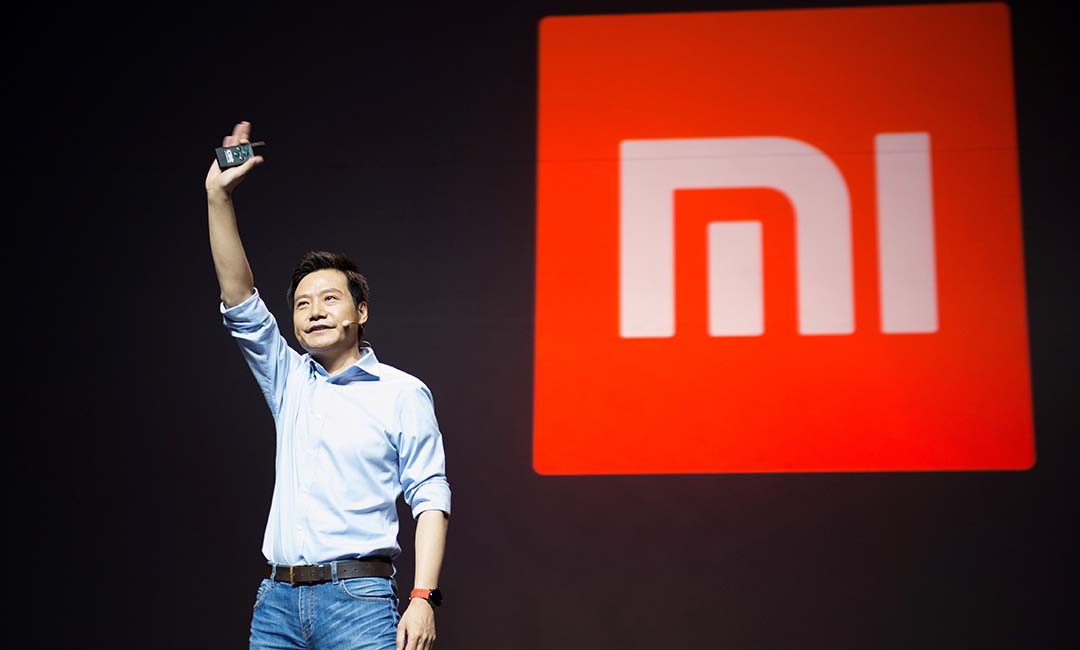

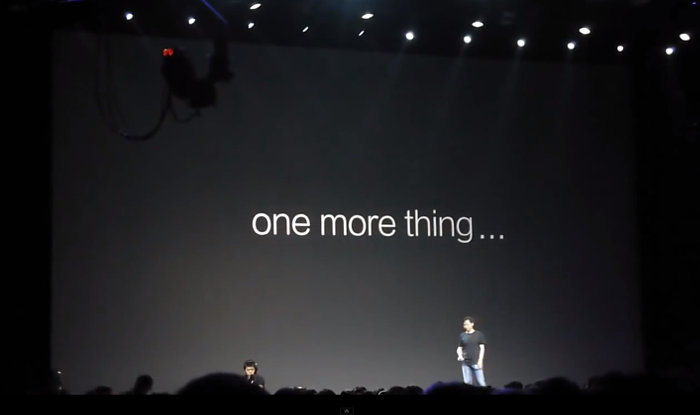
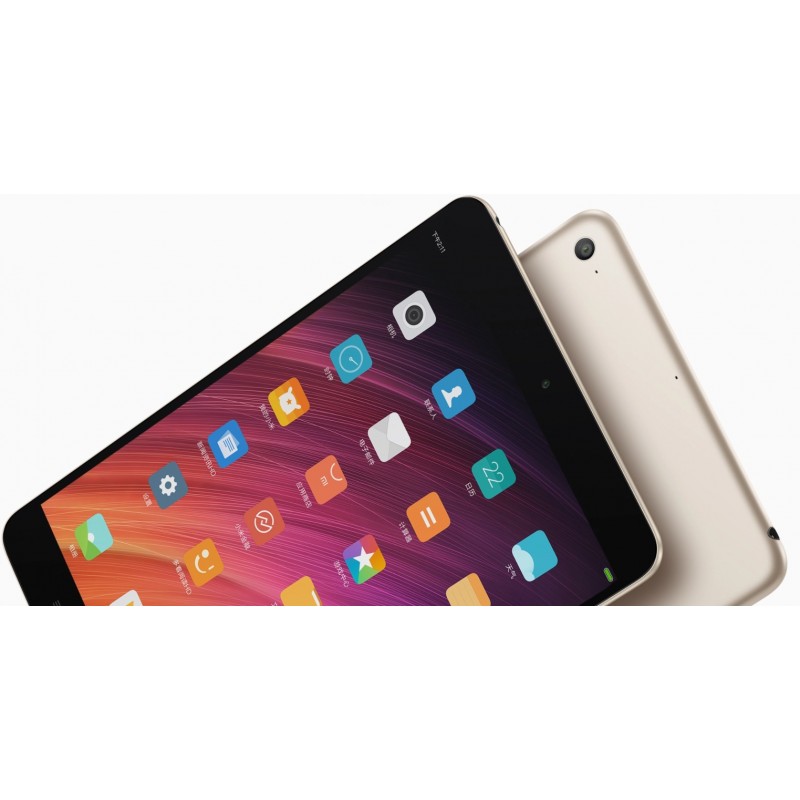

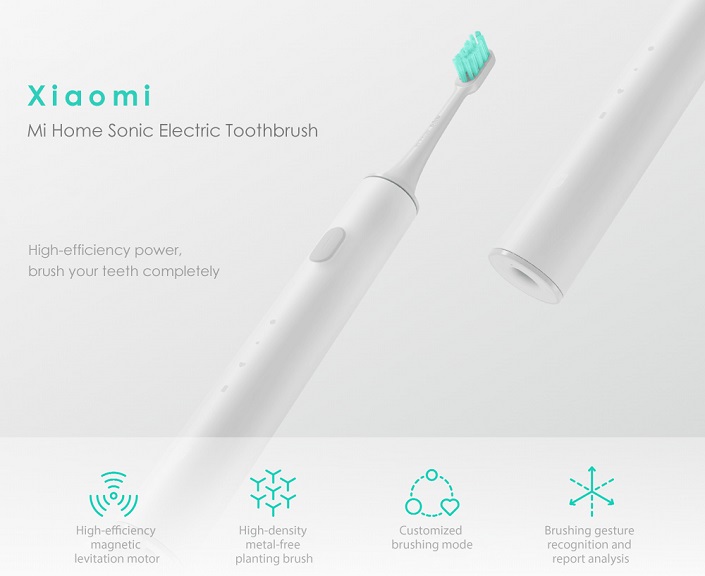


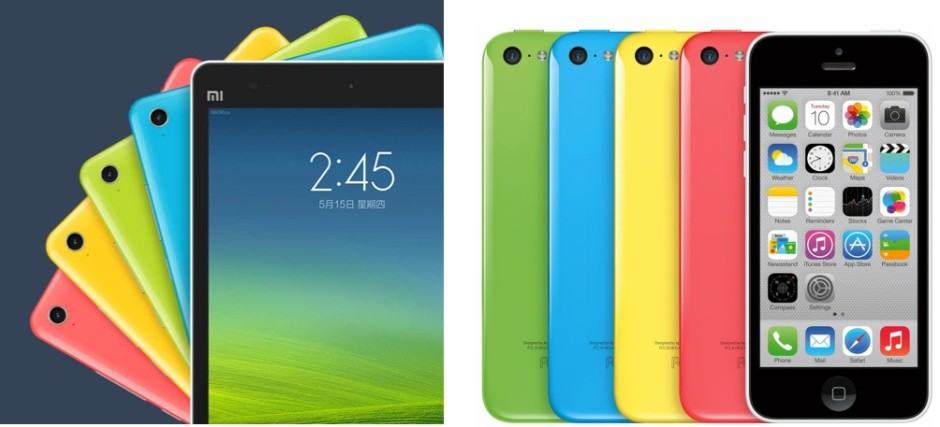

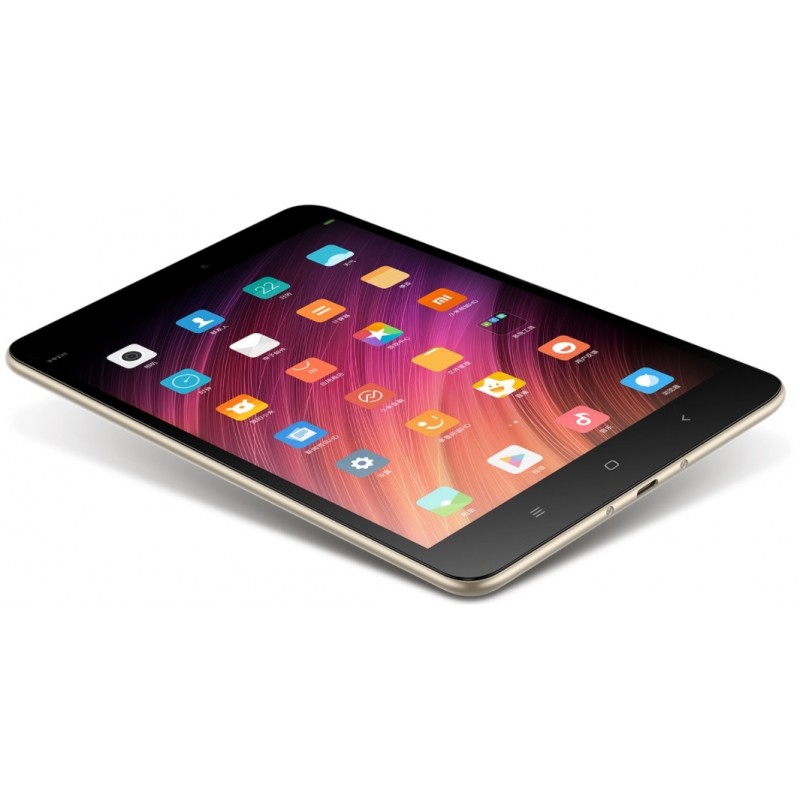
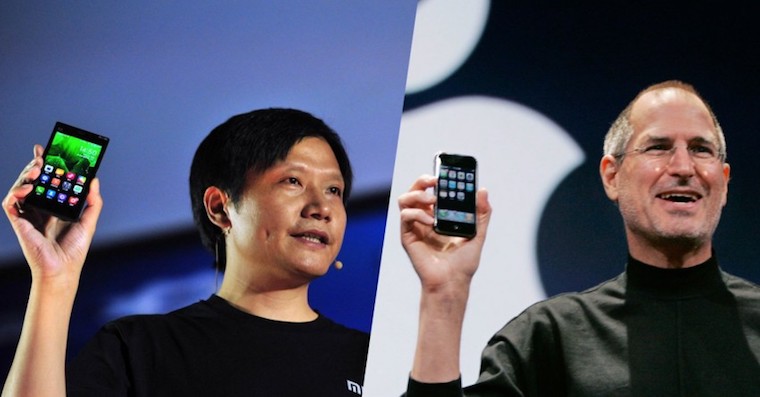
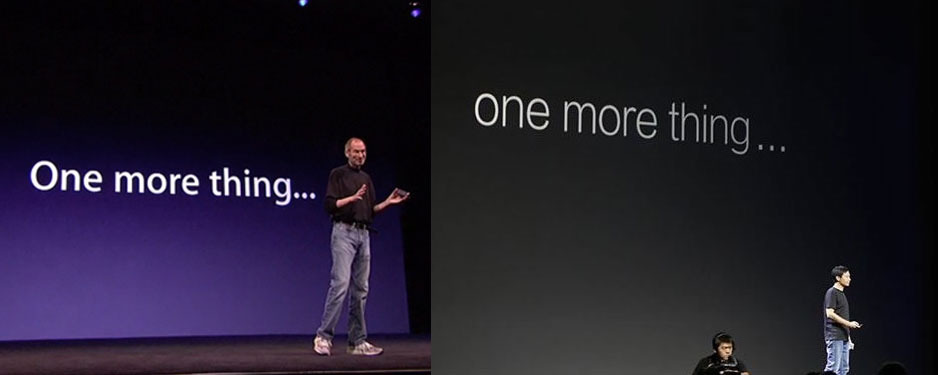
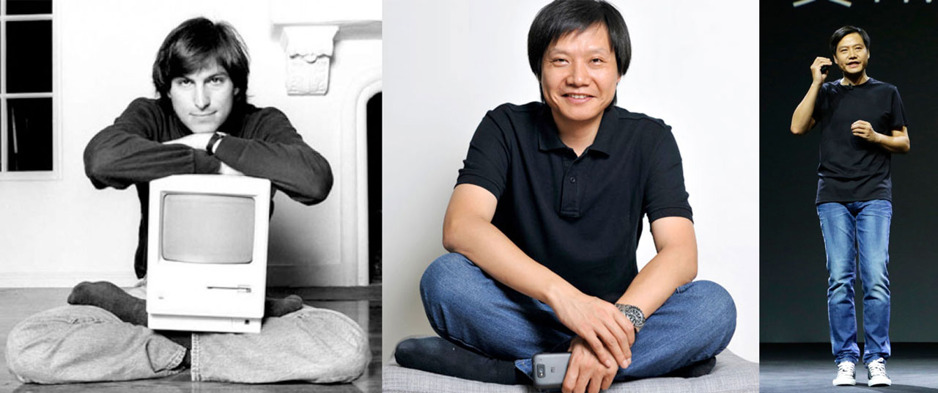


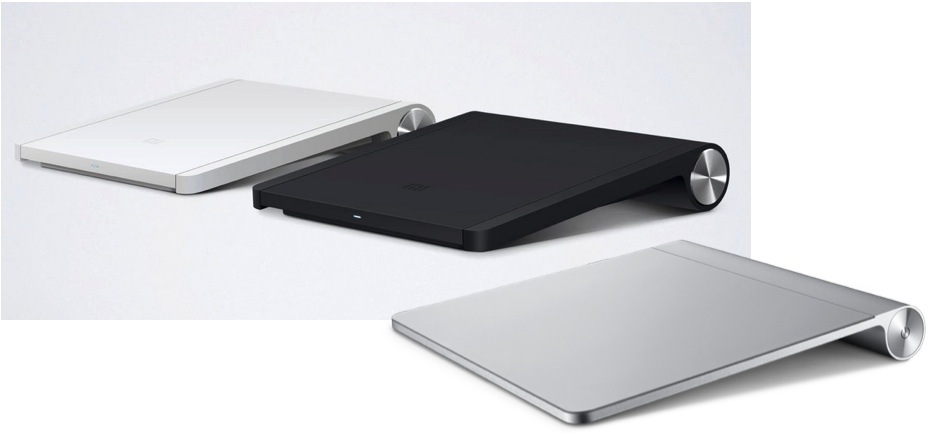
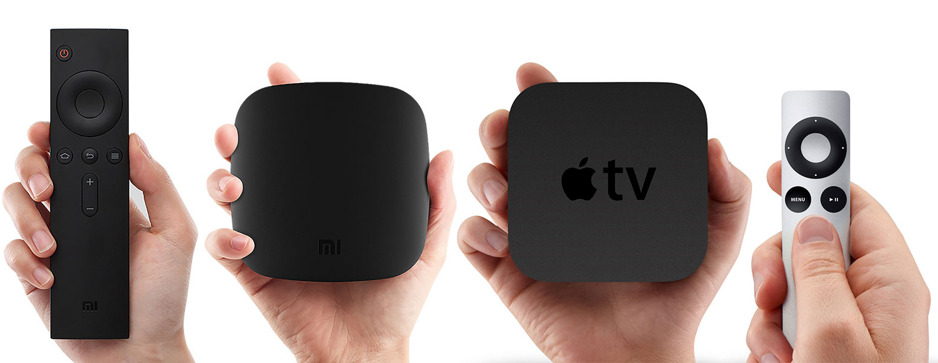

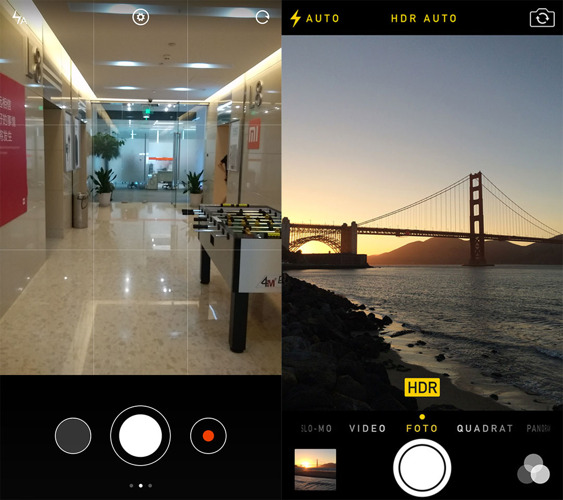


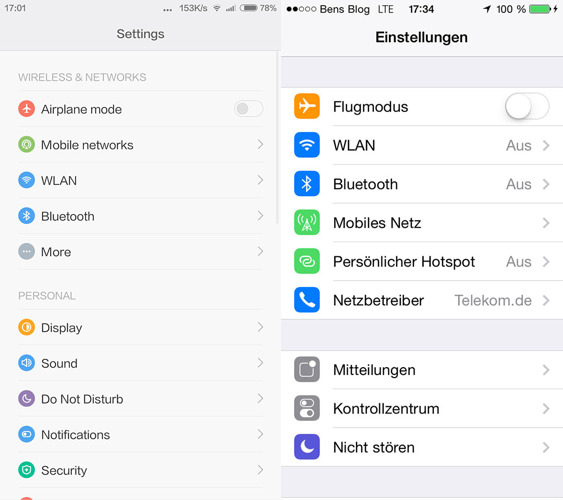

well, I'd recommend taking the word "rich" with a grain of salt, considering how huge a loss they manage to create every year, fail to reduce, and get bigger and bigger every year. They haven't had a plus year yet. It's just another inflated bubble.